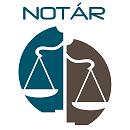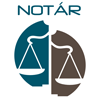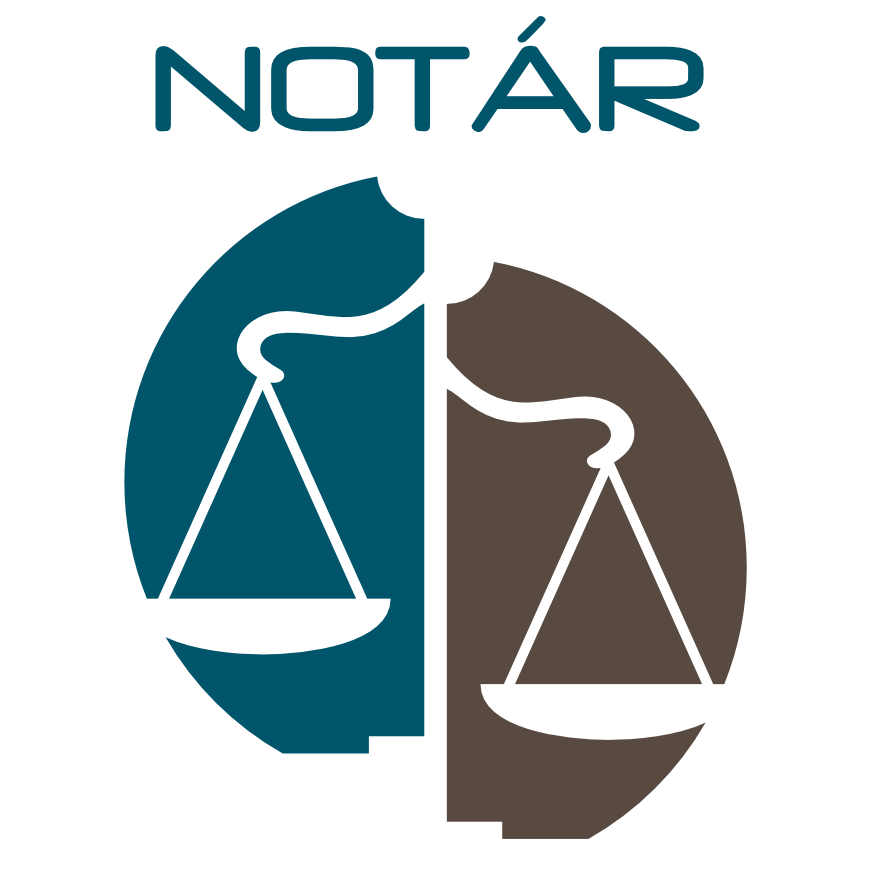Notarial Deed
Recently law enables to draw up documents practically to anybody and about whatever. For this reason a large number of documents is created, e.g. contracts, agreements, statements, drafts, confirmations and other instruments that many times fail to contain all necessary elements that the given document should contain, their content is not clear, and many times in conflict with law. Such documents written by non-professionals initially seem to be a cheaper form of creating legal relationships. Although these documents result in disputes that many times end up before courts and enforceability of claims arising from them are disproportionally hindered, prolonged and mainly overpriced. Moreover, success is never guaranteed.
Although law provides citizens with the option to enter into legal relationships that are stable, safe and soon recoverable through notaries.
The notary – a person assigned by the state – performs notarial activity and assures the arrangement and safety of legal relationships and prevention from disputes. The notary is a legal professional – specialist for formulating and creating/executing legal documents; based on application of the parties draws up notarial deeds on contracts, testaments, certificates and other legal acts. The notary performs his activity impartially and independently in order to ensure rights and entitled interest of every party of the legal act evenly. The notary stands between the parties and ensures that the rights of the parties are not breached. The notary does not defend the right of only one party, but of all of the parties confirmed by signature of the notary on the notarial deed. The state is responsible for the eventual damages occurred by the notary’s activity.
The notary – as a person assigned by the state – draws up notarial deeds that are public documents and have special power of evidence resulting from the fact that the burden of proof is on the person who wants to prove the contrary of the facts stated in the public document and not on the person of which statement in the dispute on public document it is based.
The notarial deed can be directly enforceable. Parties when signing the notarial deed can agree that in case of voluntary non-performance of obligations agreed in the notarial deed the notarial deed shall be enforceable – shall serve as an enforcement order. Avoid financially demanding and time consuming court procedure. A notarial deed is equivalent to a court decision.


